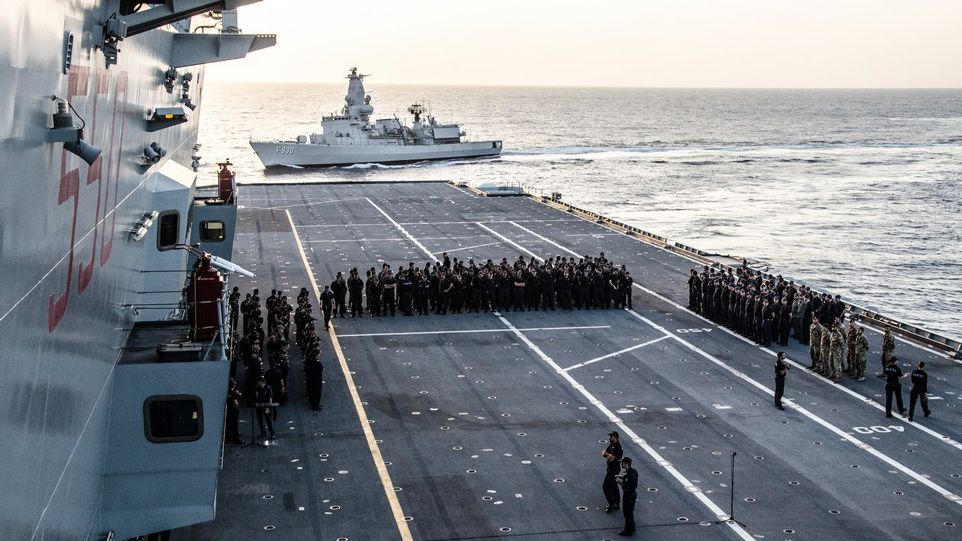Paris-A draft resolution circulated by Britain and France, which aims at giving the EU naval force in the Mediterranean the power to intercept ships suspected of smuggling arms in waters off Libya, will not likely be approved in the coming weeks, high-ranking French diplomatic sources said.
The sources said that the draft-resolution needs intense discussions despite not facing any objection.
The resolution “aims to back the stability of Libya, which all parties agree on, and to stop armed and terrorist groups from receiving weapons” from abroad, the sources told Asharq Al-Awsat newspaper.
The draft-resolution’s importance lies in allowing the EU naval force in the Mediterranean, dubbed Operation Sophia, to stop the smuggling of migrants from Libya to Europe and to inspect ships that are suspected of transporting weapons to several sides in Libya.
However, such operations should not be carried out in Libyan territorial waters.
Operation Sophia was launched in June last year after it was given the green light by the U.N. Security Council.
The Security Council discussed the situation in Libya during a session it held on Monday.
The session was attended by Martin Kobler, the U.N. special envoy for Libya.
The circulation of the draft-resolution on Operation Sophia comes as another draft-resolution, which allows the Government of National Accord (GNA) to receive arms from abroad, is in the making.
This means that the resolution circulated by France and the UK should include an article that exempts the government from not receiving weapons.
However, French diplomatic sources in Paris told Asharq Al-Awsat that Fayez al-Sarraj’s government has not yet made a request to exempt it from the arms embargo on Libya.
The discussions held at the Security Council revealed that some parties have expressed “practical” reservations on the issue despite giving an initial approval to the Libyan request.
Several delegations stressed during Monday’s meeting the need to receive “guarantees” from the Libyan government that the weapons “would not fall in the wrong hands.”
